Diary of an unusual man’s adventurous war
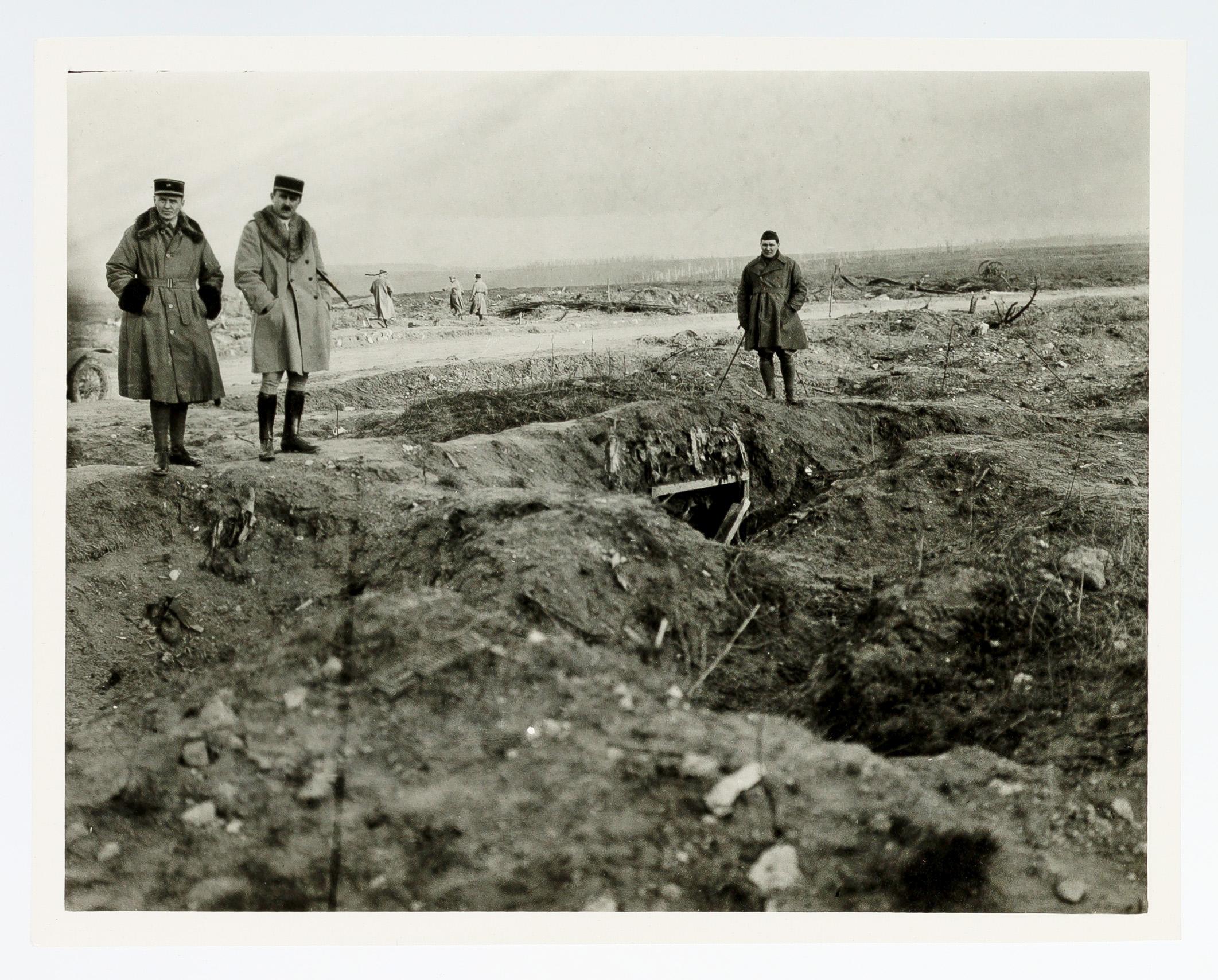
“Diary of the War” tells the remarkable WWI story of Neuchâtel writer Guy de Pourtalès, born in Berlin, raised in Switzerland and naturalised French.
When France mobilised its army on August 2, 1914, de Pourtalès was quick to make his move, heading to Chartres where the 102nd infantry regiment was camped. Upon finding the barracks full, he took a room at the Grand-Monarque Hotel and on the advice of an officer friend, decides to enlist as a driver. Pourtalès immediately purchases a Hupmobile and is soon in the service of an indulgent captain who turns a blind eye to the liberties the writer takes with regard to military regulations.
“In a certain manner, Guy de Pourtalès intends to wage his war, targeting valuable positions that feed his curiosity and exalt patriotism,” writes Stéphane Pétermann in Diary of the War, published by Editions Zoé. “It is a war in which private and national interests mingle without distinction.”
For the publication of Diary of the War by Guy de Pourtalès (editions Zoé), the Centre for Research on French Letters and the history department of the University of Lausanne have organised a study dayExternal link concentrating on Switzerland during the First World War on November 11, 2014.
The son of a Prussian aristocrat, Pourtalès’ decision to enlist in the French army was something of an aberration for his family, which had retained strong ties to Germany despite having been settled in French-speaking Switzerland for several decades. His father Herman Alexander fought for the Prussians in the war of 1870. Two of his brothers became officers in the Prussian Guard at the turn of the 20th century and two of his sisters married Prussian officers.
Family divided
The Pourtalès family were not surprised, however, when Guy enlisted for the French, the home of his Huguenot ancestors. By that time, he had been living in Paris for several years, was married to French Protestant Hélène Marcuard, and had been naturalised as a French citizen in 1912.
However around the time Guy enlisted in France, his brother Horace was serving in Switzerland, and “only the premature death of Raymond in July 1914 prevents Guy and his brother fighting on opposing sides,” notes Pétermann.
Pourtalès goes on to live his war as a kind of free agent, first as a driver and then as an interpreter for British troops. His position as an intermediary enables him to experience the war as an observer somewhere in the middle, neither fighting at the front, nor hiding in the rear.
It is not until January 1915, near Armentières, that he discovers the true horror of the front.
“There, behind a row of trees, are the Jerries, the famous Jerries!! (…) The war this time. I feel its excess and, at the same time, impressed; but not a trace of fear.”
Divided by war, relations within the Pourtalès family remain cordial. In September 1914, Guy is amused by an incredible situation – his brother-in-law Otto von Mitzlaff, an officer in the Uhlans Guard, is one of those occupying the Lorraine region in France.
“Otto sends on September 4 the good news of his small self from Nancy!! From Nancy!! It must be a good German joke!” he writes.
Gas attack?
In April 1915, Pourtalès gets another first-hand taste of the war when he makes for the front in the wake of a German gas attack on the region of Ypres. Two days later he falls ill with pleurisy but is afraid his illness is from exposure to the gas.
“I should not have gone to Poperinghe,” he writes in his diary. It is “not unlikely”, according to Pétermann, that the hypothesis earned him the Cross of War.
A year later, in February 1916, Pourtàles realises his long-held ambition and is appointed to a diplomatic post in Switzerland, charged with disseminating French propaganda. One of his activities includes managing the Tribune de Genève newspaper, which had been secretly purchased by the French to use as an instrument of propaganda.
It’s a mission akin to that of a secret agent, or almost. Amongst Pourtalès’ activities, he objects to some “Austrophile” articles written by the newspaper’s Austria correspondent, Edmond Privat, and takes the issue up with the Tribune’s editor, Edouard Bauty.
“At 7 o’clock, after two hours of diplomacy (because Bauty is in no doubt that I have the authority to speak on the subject, and nor should he!…), I won the day. That is to say, the complete cessation of Privat’s correspondence,” wrote Pourtalès.
Short-lived diplomat
But Pourtalès’ links to Switzerland and especially Germany would eventually cut short his diplomatic career. French Prime Minister Georges Clemenceau, who took office in November 1917, left nothing to chance and Pourtalès was relieved of his duties.
“They do not accuse me of any fault of service, nothing unsuccessful, no error. Simply of being a brother to my sisters and the cousin of Fritz de Portalès!!” laments the writer.
“The implications of his family links no longer coincided with those of the European alliances,” is how Denis de Rogement summed it up in a 1970s documentary for Swiss-French television.
Pourtalès ends his war as an officer guiding American journalists through the French-occupied Rhine region. Physically weak, although “enriched” by the multi-faceted war, Pourtalès drew on his adventure to write his masterpiece La Pêche miraculeuse (Shadows around the lake).
Born in Berlin in 1881, Guy de Pourtalès passed his childhood and youth in Geneva, Vevey and Neuchâtel. In 1905, he moved to Paris, while maintaining family ties to Switzerland. His literary career kicked off with the publication of La cendre et la flamme (The ash and the flame) in 1910 and Solitudes in 1913, along with contributions to the Revue Hebdomadaire (Weekly revue) and the founding of the Literary Society of France.
The shores of Lake Geneva provide the setting for his three novels: Marins d’eau douce (Soft water seaman) published in 1919, Montclar (1926), and La pêche miraculeuse (Shadows around the lake) which the Academie Française awarded the grand prize for a novel in 1937. He also wrote biographies of Liszt, Chopin, Wagner and Berlioz. Gravely ill, he lent his expertise to Switzerland at the beginning of the Second World War, but the fall of France and the death of his son Raymond at Flanders hastened his death.
Source: DHS
(Translated from French by Sophie Douez)

In compliance with the JTI standards
More: SWI swissinfo.ch certified by the Journalism Trust Initiative








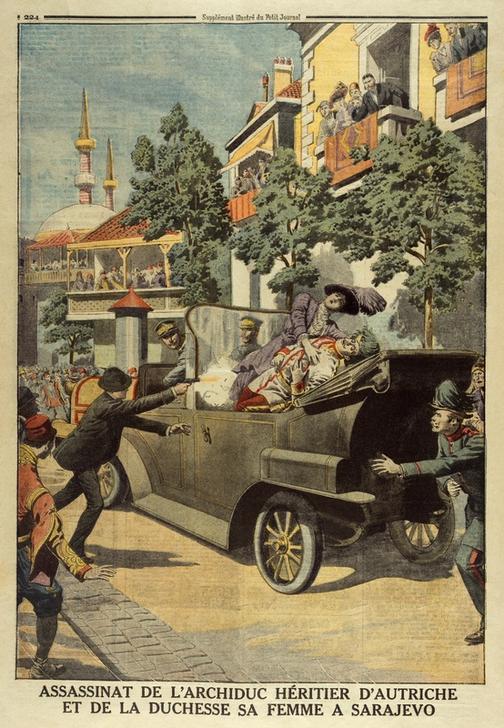
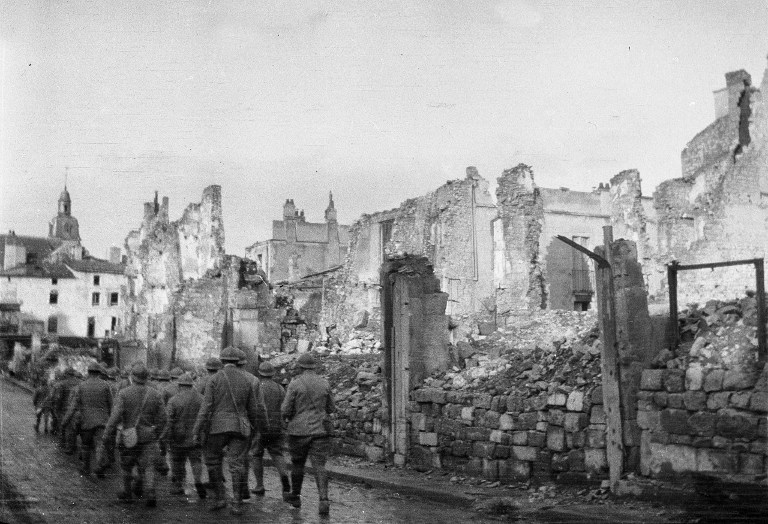
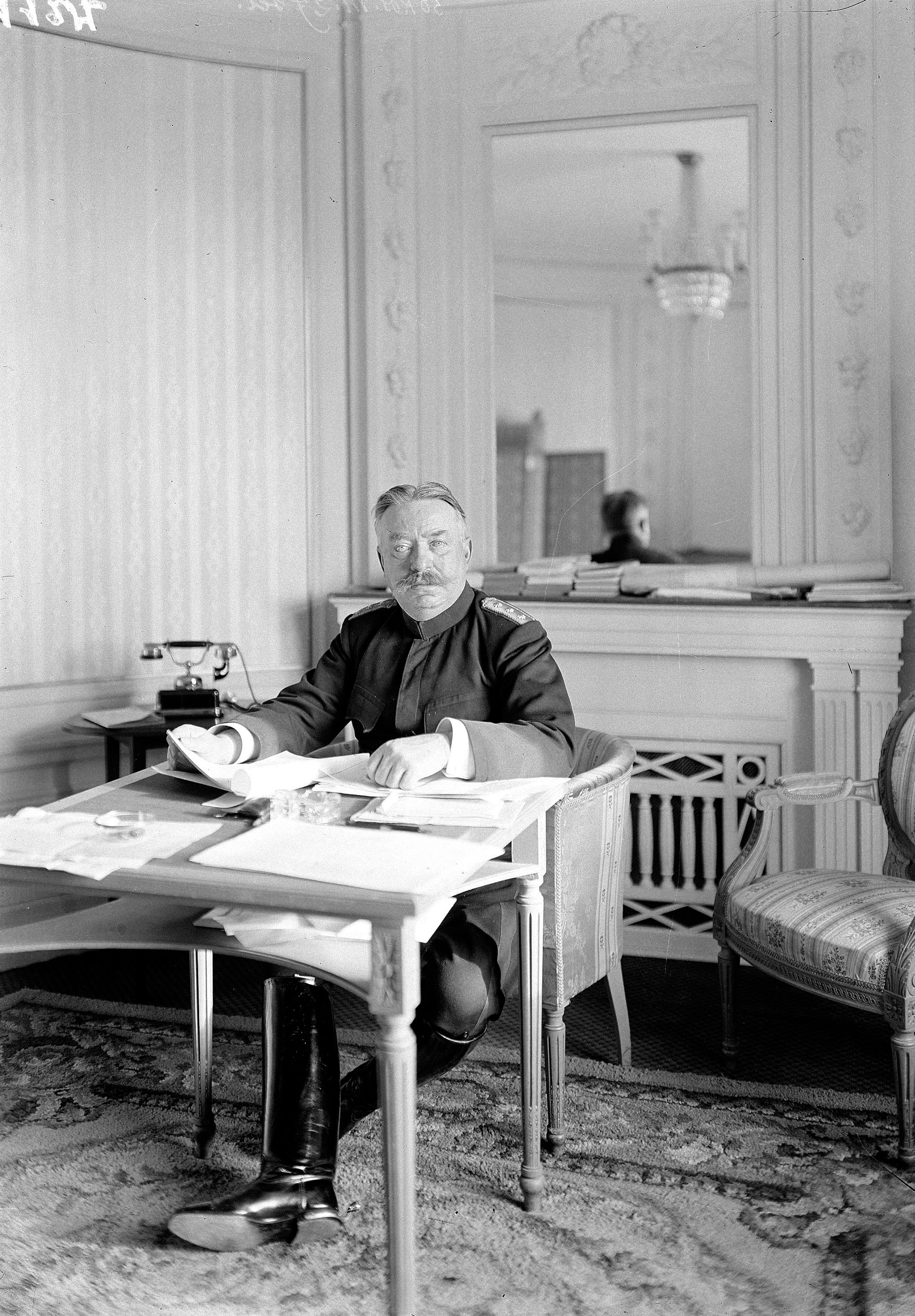
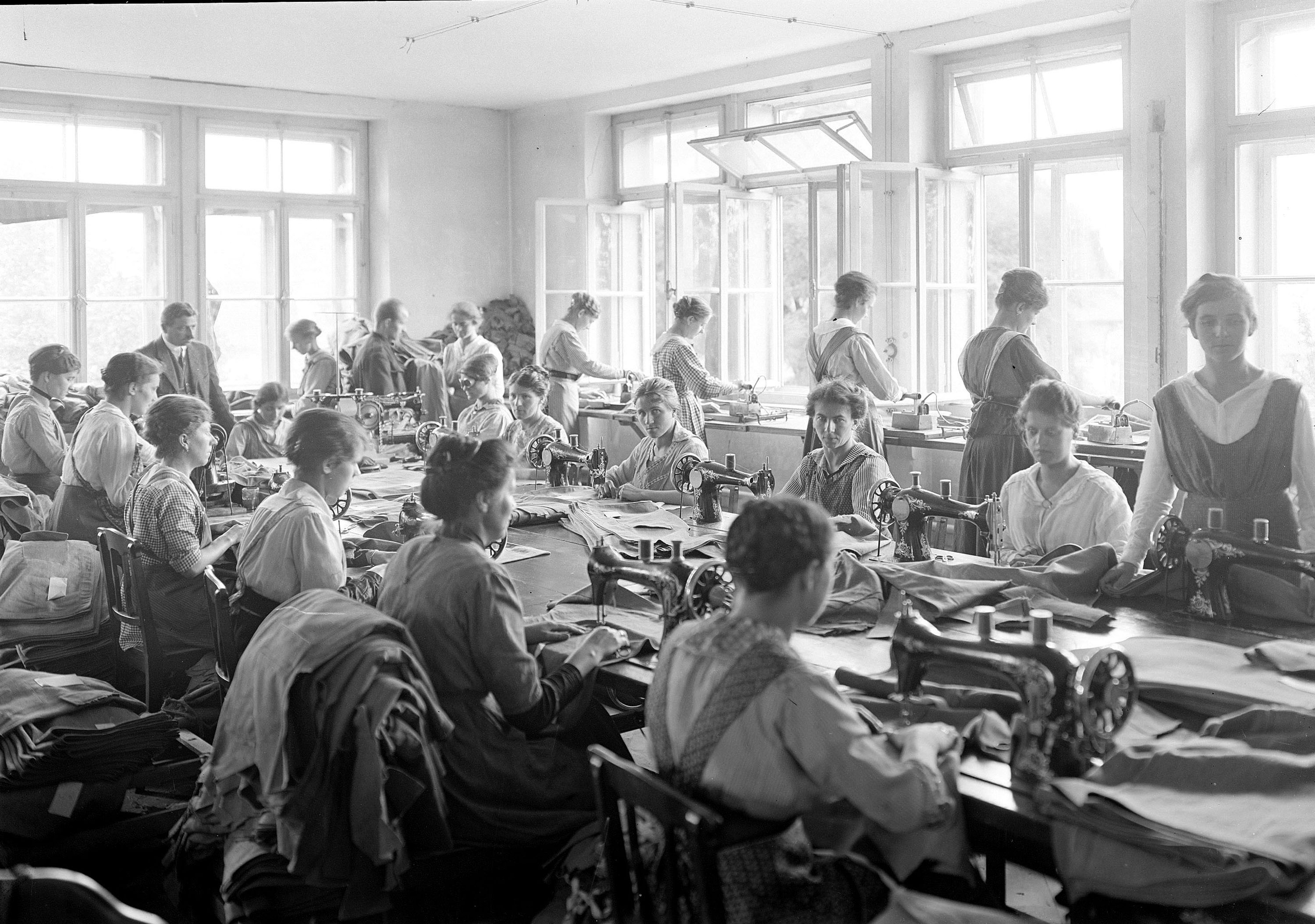
You can find an overview of ongoing debates with our journalists here . Please join us!
If you want to start a conversation about a topic raised in this article or want to report factual errors, email us at english@swissinfo.ch.